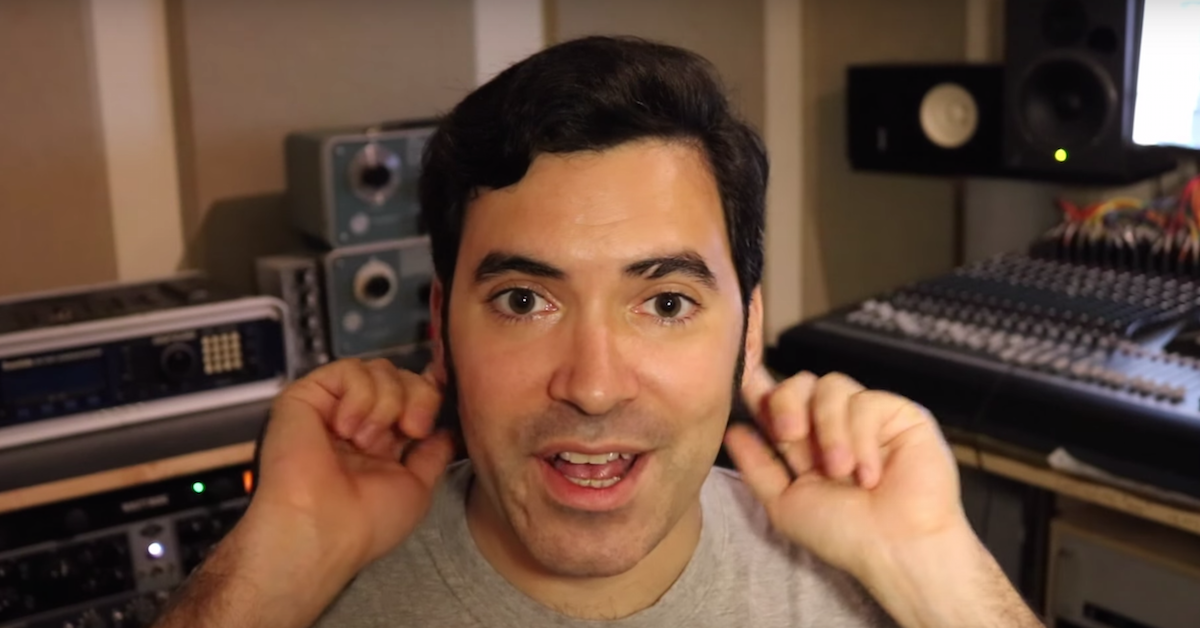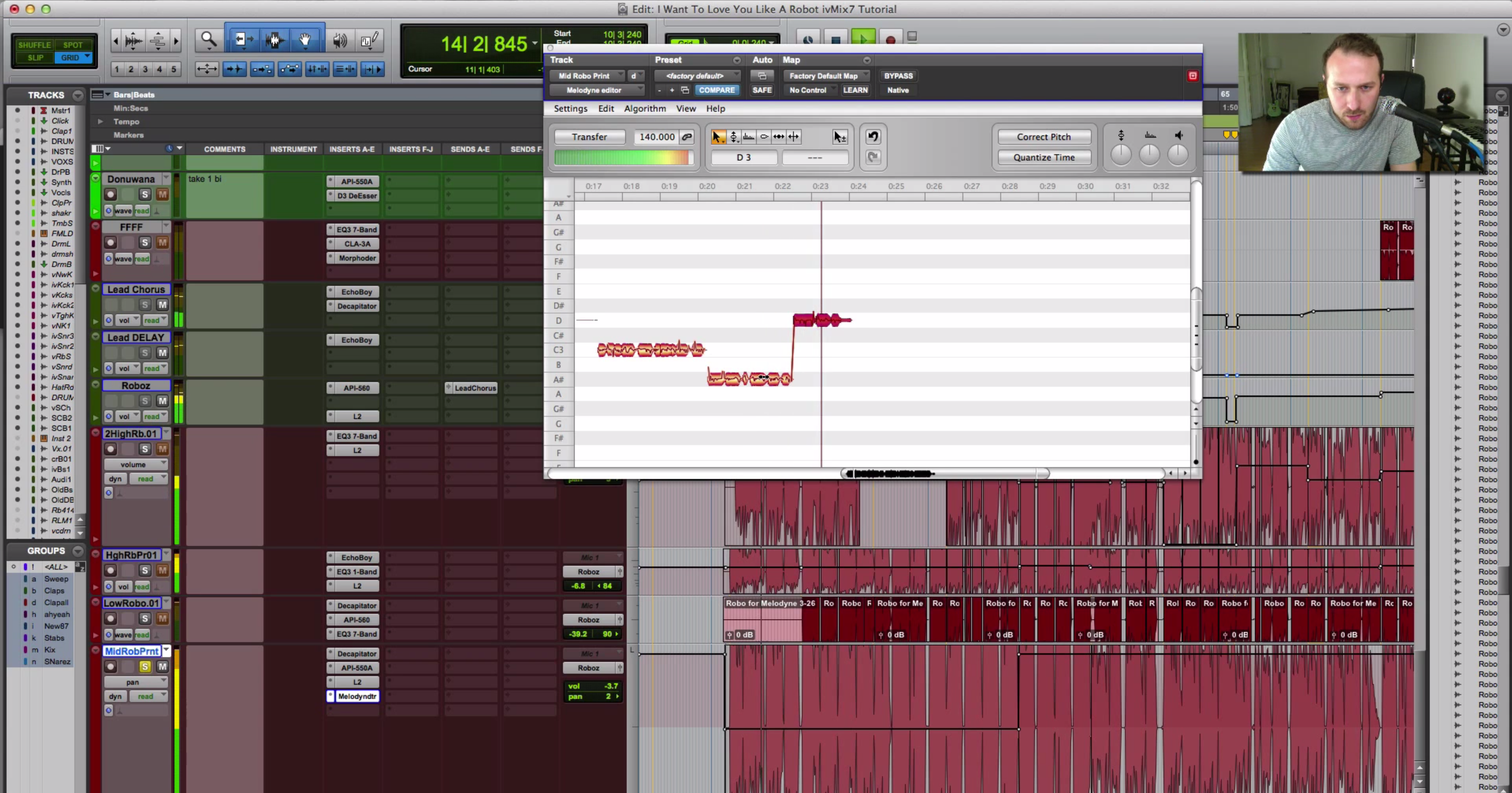How to Land and Keep a Recording Studio Internship
Article Content
Years ago, while still in high school, I was lucky enough to take a summer course on the fundamentals of audio and music production. A local community college was offering the program to a handful of students, and without really knowing what I was doing, I signed up. A few days into the class, I had a sudden realization: “I want to work in a recording studio!”
Before then, like many, I figured I wanted to be a full-time musician. Looking back, that’s never what I truly desired. I fantasized about making music—not performing it on stage. I’ve always been more curious about how music is written, produced, recorded, mixed, and mastered. (Obviously, at the time, I didn’t fully understand any of those practices, so it was difficult to determine my own aspirations.)
Eventually, after the course ended, I figured my newfound knowledge would help me get the perfect internship at a studio. “It’ll be a breeze,” I thought. Well, unsurprisingly, it wasn’t that simple. I tried a few approaches and most of them failed miserably. Am I supposed to email studios or call them? Do I just show up and ask for an internship? Thankfully, I kept trying different methods until I found myself at a studio in Brooklyn, NY (and months later assisting a wonderful record producer/composer).
The approaches I took are the ones I want to share today. Many of these tips may seem like common sense, but so few people follow them. And because no individual’s experience is the same, I’ve asked a few friends and colleagues to share their thoughts on the best way to find and secure a great internship.
Finding Your Footing
Before doing anything else, you should make a list of a few studios. You have two options: find a studio near you or find one somewhere else. “If I were setting out to land a proper studio internship, I’d first give some serious consideration to where the majority of recording activity actually takes place,” says Brian Montgomery (Paul McCartney, Donald Fagen, Roberta Flack, John Mayer). “New York, Los Angeles, Nashville, and London would be the major hubs of music, TV, and film production.”
“Though there are plenty of studios in smaller cities scattered throughout the world, you’ll have to look a lot harder to find the opportunities there. Relocating to one of the major areas of activity would give you a leg up and also increase the number of choices. In conjunction with seeking out a location, I would look on your favorite records and see where the producers and engineers you admire prefer to work. I would start by targeting these particular studios.”
Obviously, moving to a big city for an internship can be costly. Many of us don’t have the ability to uproot everything and leave. But, if you do have the means, it might be worth trying if there are no local studios around. If there are a slew of studios right around you, it’s probably worth giving them a look first.
Eager Emails
Once you’ve found a couple of studios, the easiest way to contact them would be via email. Most studios will have an email address or contact form on their website. But make sure you don’t reach out to them too soon. Doing a lot of research is the key. Look over the studio’s site thoroughly. Make note of their location, clientele, history, engineers, and gear. “To get an internship you need to have some experience on the computer system the studio uses,” says Grammy-nominated producer Howard Benson (Escape the Fate, The All-American Rejects, P.OD.). Even though interns are known for doing grunt work more than anything else, it’s better to go into an internship with at least some experience. Studio managers and owners are, after all, interested in people with initiative.
“Internships can be a challenge to secure these days but it’s not impossible,” notes Jonathan Roye (Kelsea Ballerini, Ester Dean, Owl City). “It’s all about bringing value to the studio. Having different skill sets and being versatile can oftentimes give you the advantage you’re looking for.” (Thankfully, the lessons on this site can give you a head start in that regard.)
As cool as it may seem, running a studio is still very much a business—a difficult one. Studio managers don’t have time to read another boring, generic, and typo-ridden email from someone who just wants to work at a studio for fun. “Absolutely scrutinize your email correspondence carefully to make sure there are no misspellings or incorrect grammar,” remarks Montgomery. “We work in a detail-oriented business and that is one trait that you will need to have down cold. Check, re-check, and then check again before hitting the ‘send’ button. If need be, have a friend or parent read over the email to make sure it all sounds coherent, intelligent, and to the point.”
Take the time to make sure your emails stand out by actually knowing the facility, engineers, and clientele. It’s ridiculous how many people will simply send an email like this: “Hi. Can I work at your studio?” Be personable. Use the studio manager’s name and tell him/her exactly why you’re interested in an internship opportunity and how you plan to help them. What can you bring to the table? Are you willing to clean toilets, fetch coffee, pick up food, and take out the trash? Good. That’s most likely what you’ll be doing at first. “My first internship led to me cleaning toilets and doing food runs for four months,” notes Will Hensley (Tim Kubart, Jimi Hendrix, Hall & Oates, Regina Spektor).
Polite, Punctual, Persistent
Sending an email is the easy part. “Once you’ve got a fish on the end of your line and line up an interview, be sure to be punctual for your appointment,” says Montgomery. “Studio sessions are all booked by the hour and there is no room for lateness. Allow plenty of time for the unforeseen. You can always kill time in the neighborhood if you are very early.”
“Most importantly be polite and humble,” he continues. “Remember, this will be their first glimpse into seeing how you act around new people while in the back of their minds they will be thinking about how that may or may not fit in with their clientele. When you are done, thank the interviewer for their time and follow up the next day with a call or email. This will show you go the extra mile (a good trait no matter what you do in life).”
You need to show that you’re trustworthy and reliable. “Be willing and be thorough,” adds Catherine Vericolli (owner/engineer at Fivethirteen Recording). “Making people feel comfortable is more important than anything else. The rest will fall into place.”
In the Trenches
When you’re finally offered a position, make sure to treat the internship the same way you would if you landed your dream job. Even if your job is just scrubbing the floors, do that better than anyone’s done before. Don’t take the opportunity for granted. “We can tell if an intern will work out if they get the food order right,” says Benson. “Believe it or not, that’s a good gauge if they are going to work out. If they screw up the food order, they’ll screw up note-taking, mic placement, and patch bay stuff.”
Don’t be afraid to ask questions, but know when to ask them. “You have to ask questions as efficiently as possible,” remarks Hensley. “Always be open-minded and keep on top of your studio etiquette,” adds Cole Nystrom (Michael Jackson, Peaches, Bob Marley, Macy Gray).
Set yourself apart, be ready for anything, keep busy, and stay out of the way when you’re not needed. “You have to do everything right,” says Hensley. “There’s no room for fucking up. Interns always get a bad rep for always fucking up, so if you’re the intern that never fucks up, that’s going to work out better for you.”
“Another thing I saw while I was at Electric Lady talking to new interns was that they would always talk about all of the things they knew,” he adds. “They were always ready to give me links to their SoundCloud. The thing is, as an intern, no one gives a shit if you’re going to be a producer some day. They want to know if you can follow directions and take a food order.”
Being an intern isn’t always going to be glamorous, but it’s an excellent way to get your foot in the door. From there, it’s up to you.






